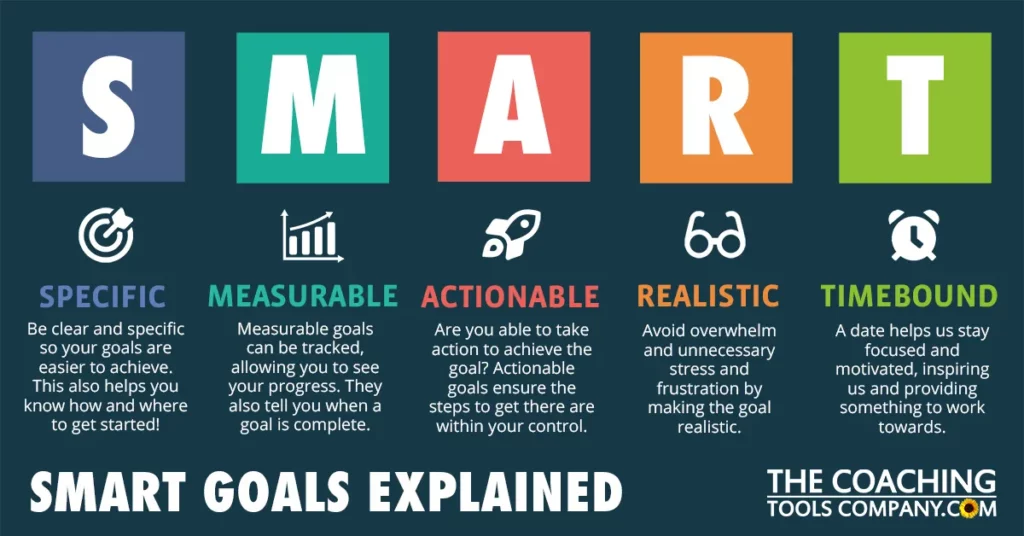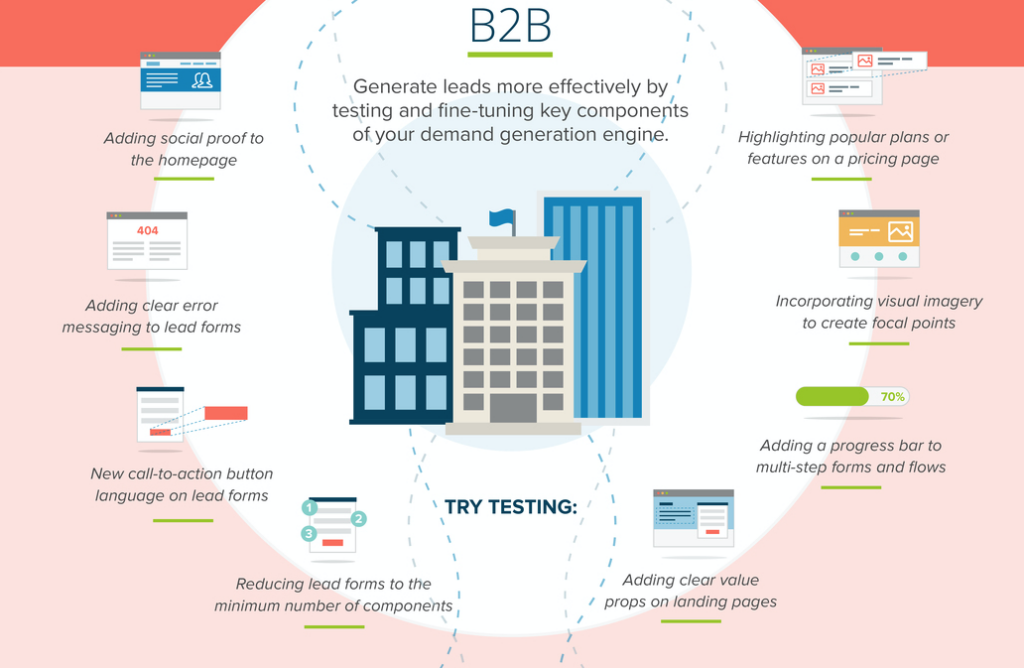In the competitive environment you face, a digital marketing strategy for manufacturing industry companies makes a difference. A successful digital approach incorporates a variety of elements to reach consumers in a meaningful and engaging way to drive brand awareness and lead conversion.
Key Takeaways:
- There are several ways to use digital marketing to create brand awareness, develop qualified leads, and increase conversion rates.
- The overall benefit of a digital marketing approach is to improve performance on the metrics that directly impact your bottom line.
- A well-designed marketing approach follows a multi-faceted strategy that carefully and methodically addresses consumer needs and connects with them in a medium they prefer.
Why You Should Choose a Digital Marketing Strategy for Manufacturing Industry Companies
Marketing teams are often the ones handling presentations, trade show exhibits, and other brand awareness elements. Although these are still effective for expanding your brand, digital marketing outperforms this traditional approach.
Technical buyers and engineers are looking online as a next-generation solution for information and ideas for solving their problems, and they prefer navigating a website or blog rather than speaking to an unknown vendor. Once they know they can trust your brand, services, or products, they’ll make the call. Digital marketing is the key to building that trust.
How To Build a Digital Marketing Strategy for a Manufacturing Company
You’ll find a lot of terms and lingo floating around when reading or discussing digital marketing. This can either inspire you to get on board or frustrate and confuse you. With these steps, you have a simplified path toward an efficient, results-producing digital marketing strategy for manufacturing industry companies.
Determine Your Goals
You need a target to shoot for when deciding on your marketing efforts. Be more specific than just “grow our client base” or “increase our sales.” Consider your past experiences and results from promotion activities to get an idea of where to begin.
Your goals should be SMART: specific, measurable, achievable, relevant, and time-bound. This approach creates goals that are easy to evaluate for success against a timeline and performance metrics.

Develop Parameters for Your Audience
You need to narrow down to whom your messaging should go if you want the right people to respond. While the obvious answer is those who act as buyers for their organization, there are other identifying factors to focus on.
Go beyond thinking of a position and consider the details that make up these individuals. These factors should help define your audience:
- Geographic location
- Size of the company
- Job title
- Common challenges for operations
- Potential hesitations with purchasing decisions
Your efforts should address whatever problem these buyers are trying to solve. This means identifying the problem and the things getting in the way of solving it. The more realistic your buyer persona, the clearer and more effective your digital marketing strategy for manufacturing industry purposes.
Design a Website That Generates Leads
Your digital marketing strategy needs an online presence, and many companies will use a website as the foundation of their efforts. Optimal designs for a website include easy navigation, clear branding, mobile access, SEO-driven content, and clear calls to action.
Your website doesn’t need to be the most expensive design, but it should present a modern, current feel. It needs to contain lead generation forms above the fold for easy visual as well as testimonials and photos that support and develop brand credibility.
Use language filled with powerful words and action verbs, speaking to web users with passion and enthusiasm. Generate interest through quality, relevant content, and present opportunities to contact you through a posted phone number or an email link.

Determine Activity on Relevant Digital Channels
Social media platforms are a leading digital marketing tool for businesses across industries. Platforms like LinkedIn and Facebook are good starters, but B2B companies can also utilize YouTube videos, podcasts, and blogs to connect with potential buyers.
Capterra, G2Crowd, and Quora are gaining popularity with B2B buyers on account of the credibility associated with the community and the quality of the reviews. Actively participating in these platforms expands your brand’s reputation while also increasing lead potential.
Discover Content Options
If the idea of relevant and engaging content is new to you, don’t worry. It’s actually a simple concept in digital marketing strategy for manufacturing industry efforts. It refers to your digital efforts presenting exciting, interesting, and educational things for your audience to read or interact with.
Content could be visual, such as infographics or videos, as well as written word through blogs, posts, or product descriptions. All of your content should demonstrate that you understand your audience and position yourself as an industry leader.
Design a Way to Collect and Follow Leads
Your web design and content should provide a way to generate leads. This could be potential buyers signing up for newsletters by registering an email address or following your social media profile. You can work more efficiently by analyzing your lead data, as it provides an advantage to your business.
Collecting information about how buyers move and respond to content throughout the sales funnel gives you a clear direction on what activities or channels have the most success in producing qualified leads. Although software can help with this, a marketing partner is usually more effective.
Deploy Hyper-Targeted Campaigns
Once all of the pieces are in place, you can begin crafting and deploying a hyper-focused campaign across digital platforms. Your campaigns should support your goals and help achieve something measurable. Ideas for releasing content or reaching buyers through the digital realm include:
- Web pages
- Blog posts
- Videos
- Social media marketing
- Pay-per-click ads
- Ebooks
- Mobile marketing
These are fairly common efforts when creating a digital marketing strategy for manufacturing industry companies, and while effective, you can give your buyers something new to enjoy. To really get your brand out there and create credibility for your business, consider these additional ideas:
- Publish how-to videos on YouTube
- Test influencer marketing
- Build links to your website
- Host online classes or webinars
- Publish interactive online tools like calculators or estimators
- Implement live chat features
If these efforts seem far beyond your understanding or your team’s abilities, don’t panic. In addition to starting out small and testing the waters, you can outsource your marketing strategy to a partner with expertise in the manufacturing sector.
Where To Turn for a Digital Marketing Strategy for Manufacturing Industry Focus
At Shanahan Strategy, we work to make your marketing ideas a success. Our team specializes in customizing a digital approach to meet your goals and drive growth.
We know that trying to both understand and get started on a digital marketing strategy for manufacturing industry companies is complex, time-consuming, and downright daunting. We can make it work. Contact our marketing experts to find out more about what an approach for your business would look like.

